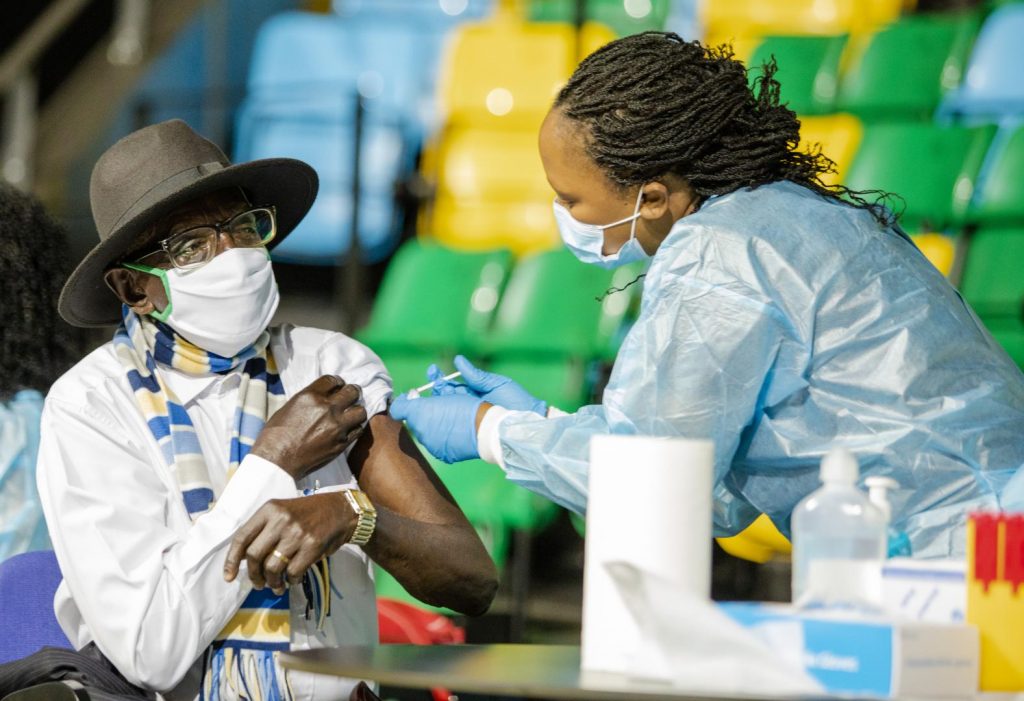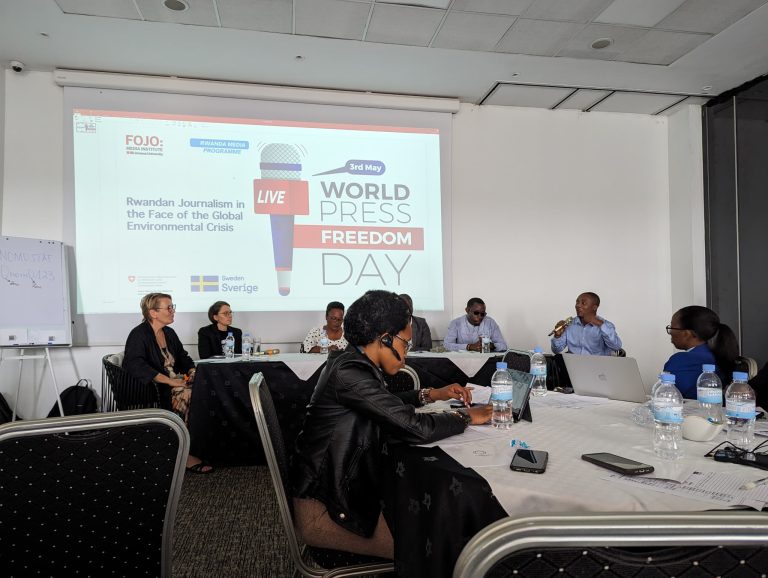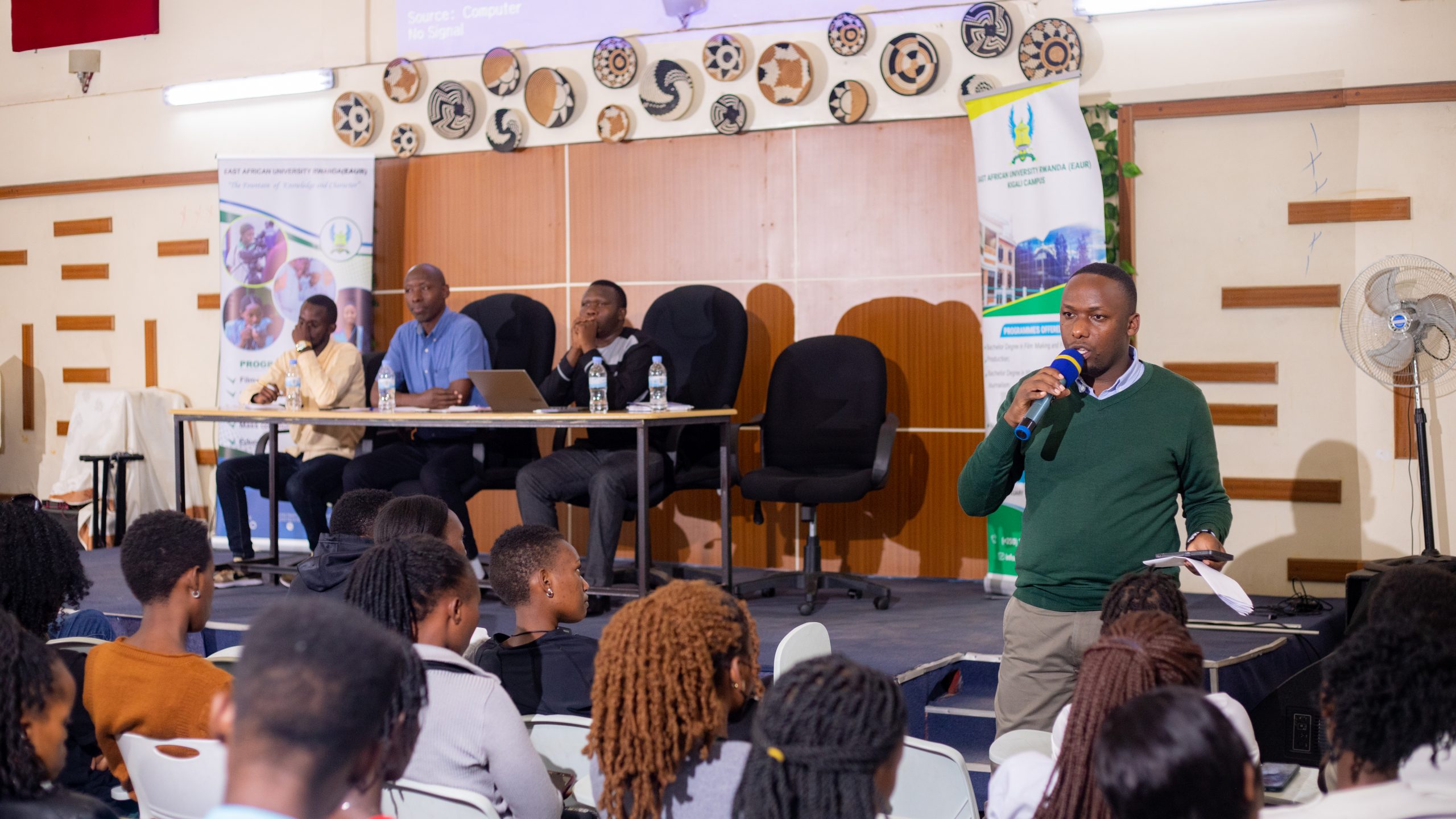By: Anna Mbugua.
Worldwide repercussions resulted from the COVID-19 pandemic, which first surfaced in December 2019 as a flu-like sickness first noted in Wuhan, China. Millions of people got sick and died as a result, this had a big impact on daily life in terms of disruptions and changes.

A global pandemic was promptly declared by the World Health Organization (WHO) as the virus quickly spread throughout China in 2020 and quickly reached international boundaries due to travel. Lockdowns, travel bans, social segregation policies, and the closure of schools and colleges were all enforced as a result of the severe effects, which included the virus’s propagation being stopped.
Despite being necessary, these policies created significant difficulties for both individuals and communities. Through cooperation and scientific progress, vaccines were developed and used at a rate never previously achieved, providing protection and a chance for things to get back to normal.Global vaccination campaigns were crucial in lessening the virus’s influence and reopening society.

Relaxed restrictions coupled with laxity in preventive measures, new variants, and weakened immunity due to past infections among other things have resulted in the re-emergence of covid 19. With nations recording new covid cases, there is a crucial need for every person to be on high alert to avoid another pandemic.
According to the World health organization (WHO), over 1.7 million new cases and over 10,000 deaths were reported globally in the most recent 28 days (8 May to 4 June 2023), down 38% and 47%, respectively, from the 28 days prior (10 April to 7 May 2023). Out of 243 countries and territories, 144 (59%) reported at least one case during the 28-day reporting period. According to the regional data, there have been fewer cases and fatalities in each of the six WHO areas. Over 767 million confirmed cases and more than 6.9 million fatalities had been documented globally as of June 4, 2023.
The re-emergence of Covid seeks to remind us that this fight is far from over and that we as individuals should be vigilant, follow trustworthy sources of information, abide by public health recommendations, and make informed decisions to safeguard ourselves and our communities. It also falls upon the national government to take it upon itself to invest in the healthcare system to ensure that they are well equipped to serve the public in case of another crisis.
One effective method for preventing the resurgence of diseases is vaccination. This then calls for effective communication efforts addressing vaccine skepticism and the propagation of false information. Vaccines should also be availed to those that have not been vaccinated while at the same time administering booster shots to vulnerable populations.










